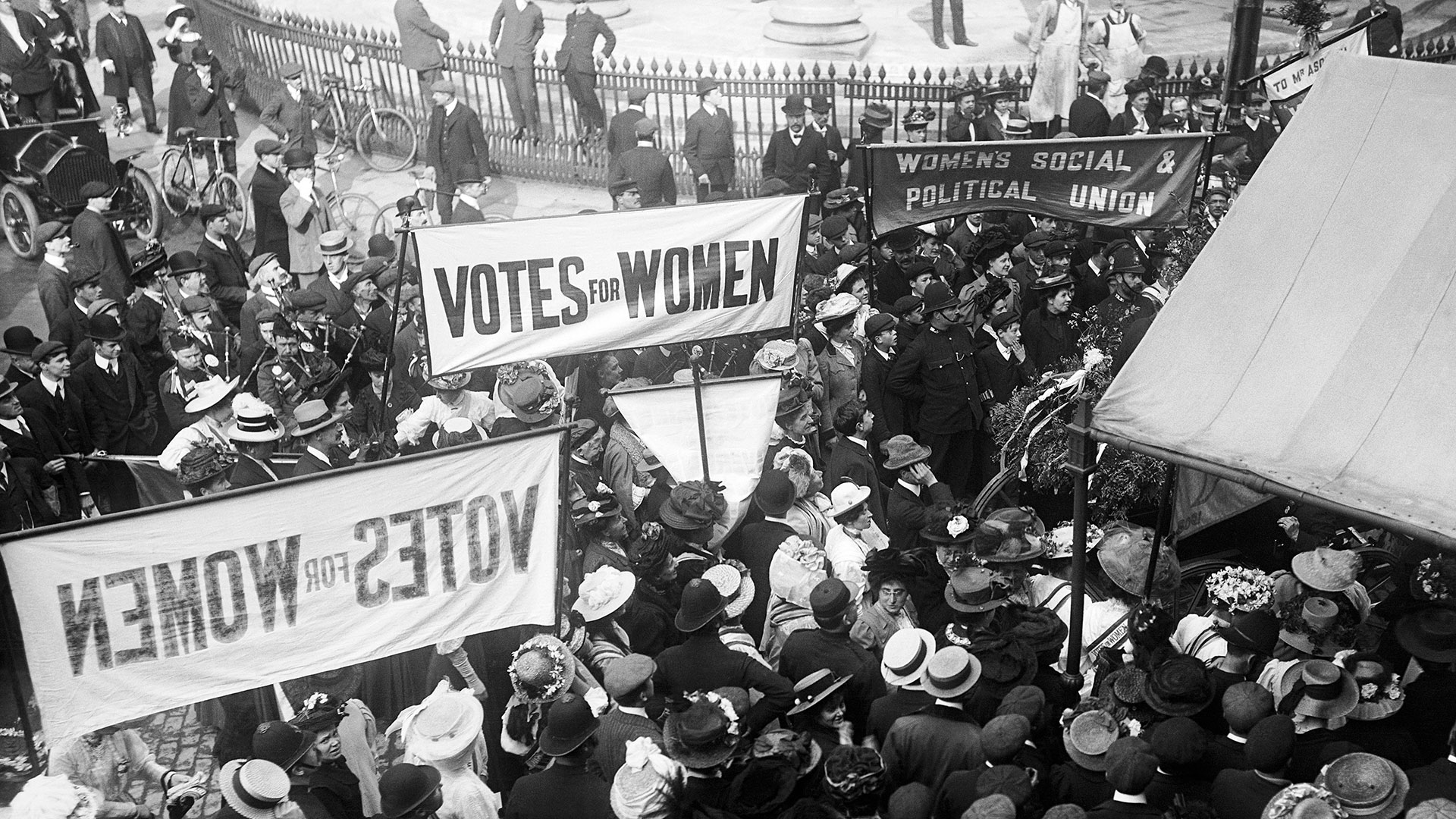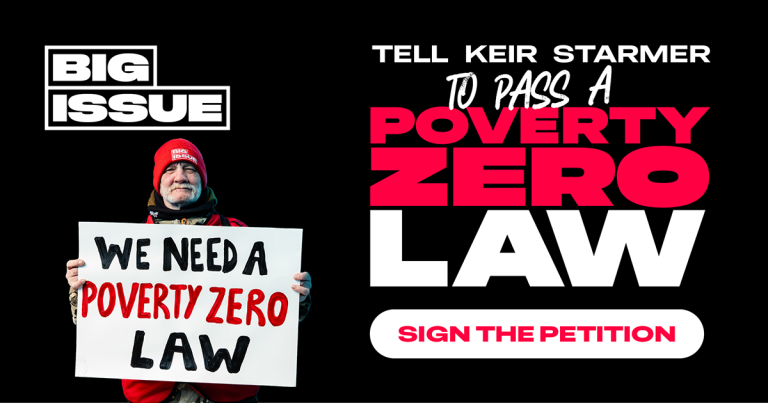“Militant methods have been good for the souls of women,” wrote Christabel Pankhurst in 1912. “They have swept away the evils of ‘ladyism’, of timid gentility, of early Victorian effeminacy as distinct from womanliness.” Under this reasoning, the violent tactics of the Suffragettes were not merely defensible as the only way to secure the vote for women. They were desirable.
It might seem strange to bring up the Suffragettes in a magazine dedicated to kindness and cooperation. The 1,500 or so women who were full members of the Women’s Social and Political Union felt strongly that the vote had to be taken, not given. Pankhurst argued that they needed to shake off their “slave spirit”. While the non-violent Suffragists played by the rules – holding marches, organising petitions and lobbying Parliament, their militant sisters turned to heckling, then window-smashing, then bombing and arson.
In my book Difficult Women, I highlighted how feminism has often been driven forward by women who were awkward, obstinate, non-compliant, obsessive and sometimes just plain annoying. Marie Stopes helped women control their fertility; Erin Pizzey founded the first domestic violence shelter in Britain; Maureen Colquhoun was the first openly lesbian MP; Jayaben Desai led a strike against the treatment of Asian workers at the Grunwick film processing laboratory. None of them were nice. “Certainly I have found in my life that I have had an uncomfortable ability for upsetting equally my friends and my enemies,” wrote Colquhoun in her memoir.
All these women were, however, tactical. They targeted their anger and outrage and non-compliance towards achieving their goals. None of them would have been able to make a difference without also making alliances. Pizzey’s charisma convinced dozens of volunteers, male and female, to volunteer in her refuge. Desai toured the country convincing sceptical (white and male-dominated) trade unions to back her strike action. Colquhoun once brought a group of women who sold sex to Parliament, taunting her fellow MPs by threatening to reveal their patronage of brothels.
Women fighting for their rights are still urged to “be kind”, meaning: stop being so demanding; stop putting yourself first; shut up and stop complaining
Successful activism depends on personal relationships. Even when friends and allies found these women impossible, they stayed loyal to them, and to the causes they championed. In his essay claiming that “the revolution will not be tweeted”, The New Yorker’s Malcolm Gladwell stressed the importance of strong bonds like these. Writing about the African-Americans who risked beatings and worse to challenge segregation, he noted: “The students who joined the sit-ins across the South during the winter of 1960 described the movement as a ‘fever’. But the civil rights movement was more like a military campaign than a contagion.” Big, wide networks are useful at disseminating a message, but truly world-changing activism requires the co-operation of individuals who are deeply dedicated to each other, and to their goal. The lunch counter protests could not have been sustained if the participants were only Facebook acquaintances.
I think about the Suffragettes often when I see the latest hashtag war; modern communication methods have connected us to each other with minimum friction and maximum reach, but consciousness-raising is only part of the story. The Suffragettes were willing to endure torture and risk death – some were violently force-fed more than 200 times – because the ties between them were so strong. They saw themselves as an army. “It was an unwritten rule that there must be no concerts, no theatres, no smoking; work, and sleep to prepare us for more work, was the unwritten order of the day,” wrote the Suffragette Annie Kenney in 1924. The Women’s Social and Political Union organised delegations to greet the women (and the few men also jailed for the cause) when they were released from prison. The women were given awards and decorations: the Hunger Strike medal was a silver circle, which hung from a purple, white and green ribbon; those who were jailed at Holloway received a brooch in the shape of a portcullis.









